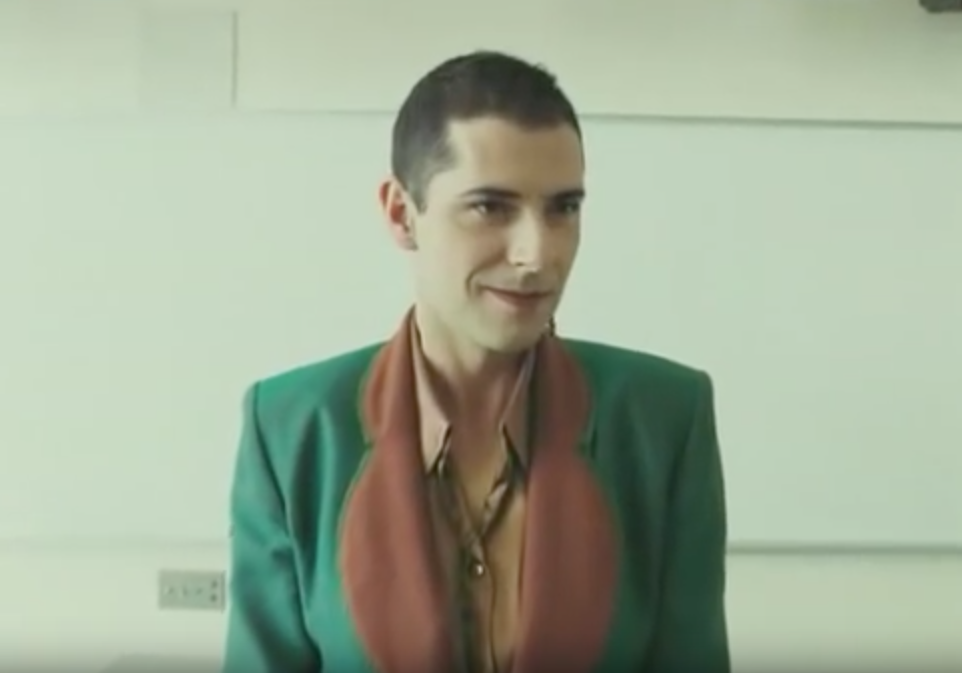In my mixed review of Heartbeats last week, I said that if young auteur Xavier Dolan could direct a film that balances the more refined storytelling of Heartbeats, with the character development of his debut I Killed My Mother, it could turn out to be something very special. After watching his third film, 2012’s Laurence Anyways, I can say that while it does not reach the absolute heights of Dolan’s potential, once again held back by his penchant for artistic flourishes and occasionally superfluous narrative beats, it certainly comes pretty damn close.
One of Dolan’s most admirable qualities as a director, I find, is just how personal each of his films feel, taking his own experiences in life and imbuing them upon his characters. Sexuality, identity, family (especially the relationship between mother and son), they all have a part to play in his films to varying degrees, but each of these themes take centre stage in Laurence Anyways’ comprehensive narrative.
By comprehensive, I mean that the film takes place over a ten year period, chronicling the awakening and subsequent transformation of a transgender woman, Laurence (Melvil Poupaud), as well as the impact the change has upon her relationship with her initially unsuspecting girlfriend Fred (Suzanne Clément) during this period.
Dolan wisely bases the film in the 80s and 90s, allowing for harsher, more ignorant social views regarding transgenderism, while his screenplay does a great job of still situating these issues in a broader, more modern context.
And as usual, Dolan expresses story and theme through not just dialogue, but also his undeniable ability to convey so much in a single shot, which is at its strongest in Laurence Anyways. The cinematography drew me further into the intimate narrative, as I found myself caring very much about what happened in the lives of Laurence and Fred, believing almost every moment of their troubled love. However, the prevailing realism is intermittently undermined by some of Dolan’s more questionable visual embellishments, which left me feeling removed from the experience, particularly at one crucial moment halfway through the film.
Thankfully, the powerful, raw, human performances of Poupaud and Clément, guided of course by Dolan’s otherwise solid direction, made quickly forget any issues I had with this film. Truly, watching it made me all the more aware of the American film industry’s inclination to keep nominations in-house during awards season, or at least nominate their usual international darlings.
Team all these elements with an ending that it is heart-breaking by virtue of everything that had come before (just as many great endings do), and you have a Xavier Dolan that is back on form, as Laurence Anyways proves to be his finest and most complete work so far. It is a consistent, complex film nearing three hours in length, a runtime under which many a director would have otherwise buckled in some major way. Oh, and Dolan was only twenty-two when he made this film, so there is that!
Next week I will be reviewing his 2013 film, Tom at the Farm (Tom à la ferme), to see if Dolan was able to build upon this new artistic momentum provided by the impressive Laurence Anyways.

